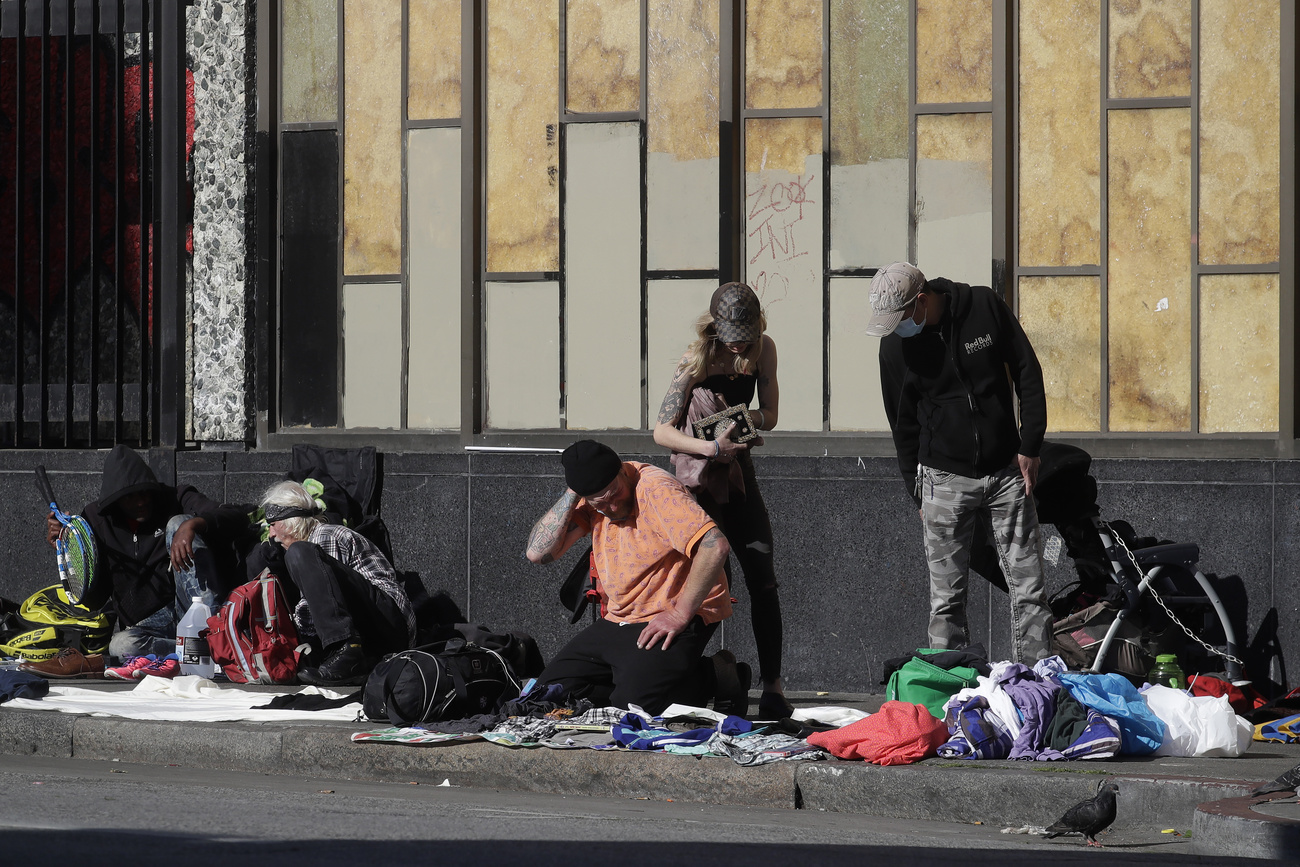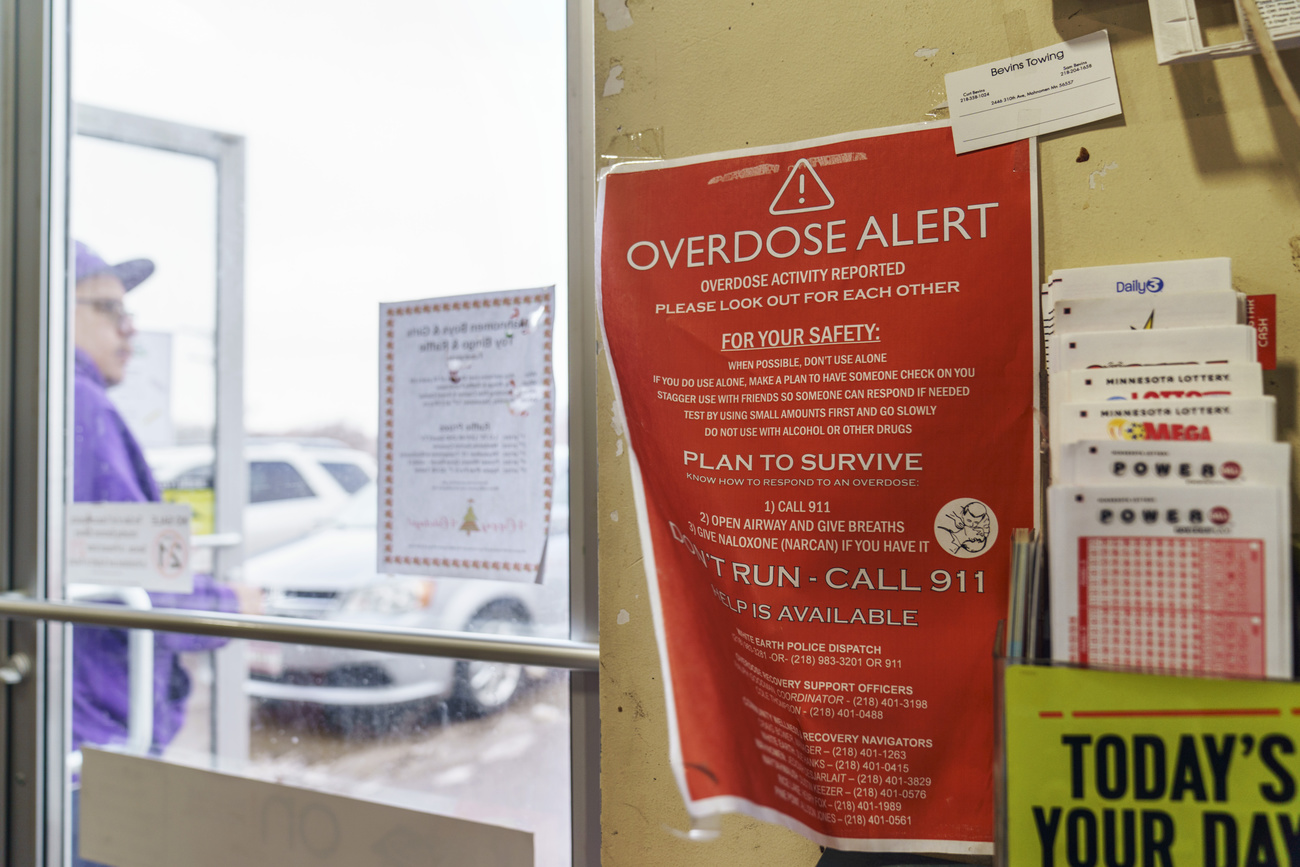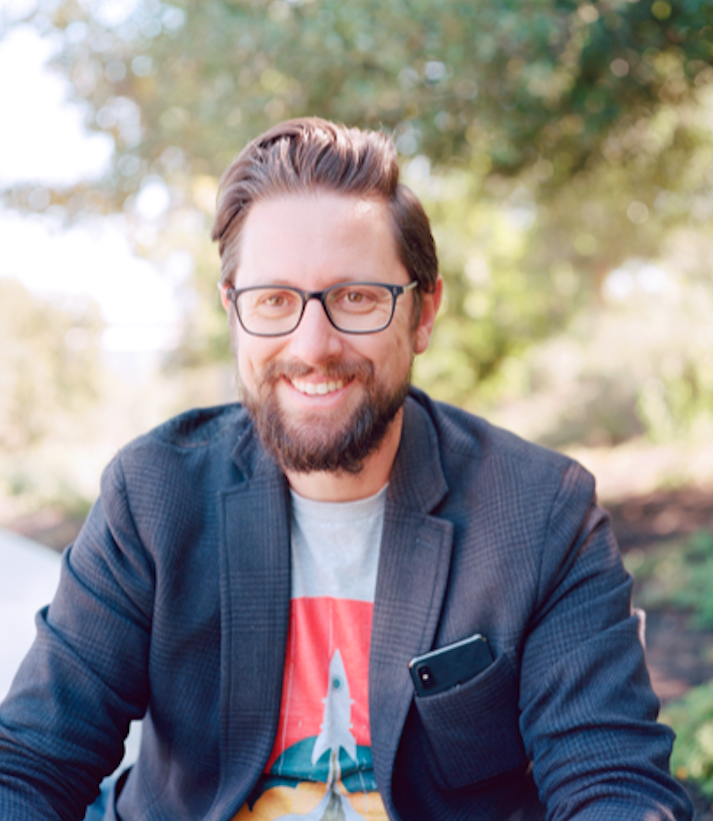Controlled fentanyl use: what San Francisco can learn from Zurich

San Francisco is in the grip of an opioid crisis. Allowing users to inject drugs in a controlled environment, as the Swiss city of Zurich has done in the past, could be a solution. But there is a hitch.
Swiss expatriate Gianmatteo Costanza chairs the San Francisco Committee, which nurtures ties between the Californian city and Zurich. The committee provides input on issues where the two municipalities can work together.
SWI swissinfo.ch: Gianmatteo Costanza, what subjects have you focussed on recently?
Gianmatteo Costanza: Over the past few years, the two cities have shared their experiences on how to deal with drug use, which is a big problem in San Francisco. The Zurich model of the Platzspitz “Needle Park”, which was operational in Zurich in the [1980s and] 1990s, could be a solution for San Francisco.

More
Expert warns of an opioid crisis in Switzerland
SWI: You mean a place where addicts can use drugs openly?
G.C.: Exactly. Controlled drug dispensaries were already part of our collaboration agreement in 2018, when San Francisco was in the midst of the crisis. Zurich served as an example for how to establish safe drug dispensaries. Based on the model, San Francisco launched a pilot project in 2022 that lasted 11 months.

SWI: How did it go?
G.C.: Not as well as expected. The reasons for it are complex. You have to know that, in the United States, a project like this is illegal on a federal level. In the end, it became clear that not even [California] Governor Gavin Newsom supported the idea. The organisations that were running the centre were no longer able to continue the pilot project for legal reasons.
SWI: What happened next?
G.C.: Last September, we organised a meeting with drug-policy experts and representatives from the police, healthcare and social-welfare sectors. A Swiss delegation from Zurich travelled to San Francisco to discuss the drug issue with their US counterparts. It was a fruitful meeting that re-instilled confidence in the success of this experiment.
The fact that the first attempt failed was not because it wasn’t a good idea. It was simply not sufficiently well coordinated. But the fact that it had worked in Zurich was reason enough to try it here. It was also a good opportunity for the people of Zurich to find out more about the fentanyl crisis.

More
25 years on: the end of Zurich’s open drugs scene
SWI: The San Francisco-Zurich partnership is more than 20 years old. What other common issues have you tackled?
G.C.: There have been many cultural and technical exchanges. Experts in renewable energies from San Francisco went to Zurich to present new solar panels, and urban development specialists from Zurich came to San Francisco.
We also discussed public transport. In June, a delegation from the Bay Area travelled to Zurich to find out more about the “single ticket” system of Switzerland’s public transport network. There are more than 27 independent operators in the Bay Area whose tickets are not compatible. The Swiss provided important input on this.

More
Switzerland looks to California to achieve climate goals
SWI: Do you think such partnerships are worthwhile?
G.C.: The fact that this partnership has existed for more than 20 years speaks for itself. The Swiss also invest heavily in the technology sector in Silicon Valley, and these investments do not come only from Zurich.
In 2003, Willie Brown, then mayor of San Francisco, and Elmar Ledergerber, then mayor of Zurich, signed the San Francisco Initiative, which laid the foundation for a partnership between the two cities. A few years later, this initiative was renamed the Sister City Partnership, which cemented the ties between the two cities.
Translated from German by Billi Bierling/gw

In compliance with the JTI standards
More: SWI swissinfo.ch certified by the Journalism Trust Initiative








You can find an overview of ongoing debates with our journalists here . Please join us!
If you want to start a conversation about a topic raised in this article or want to report factual errors, email us at english@swissinfo.ch.